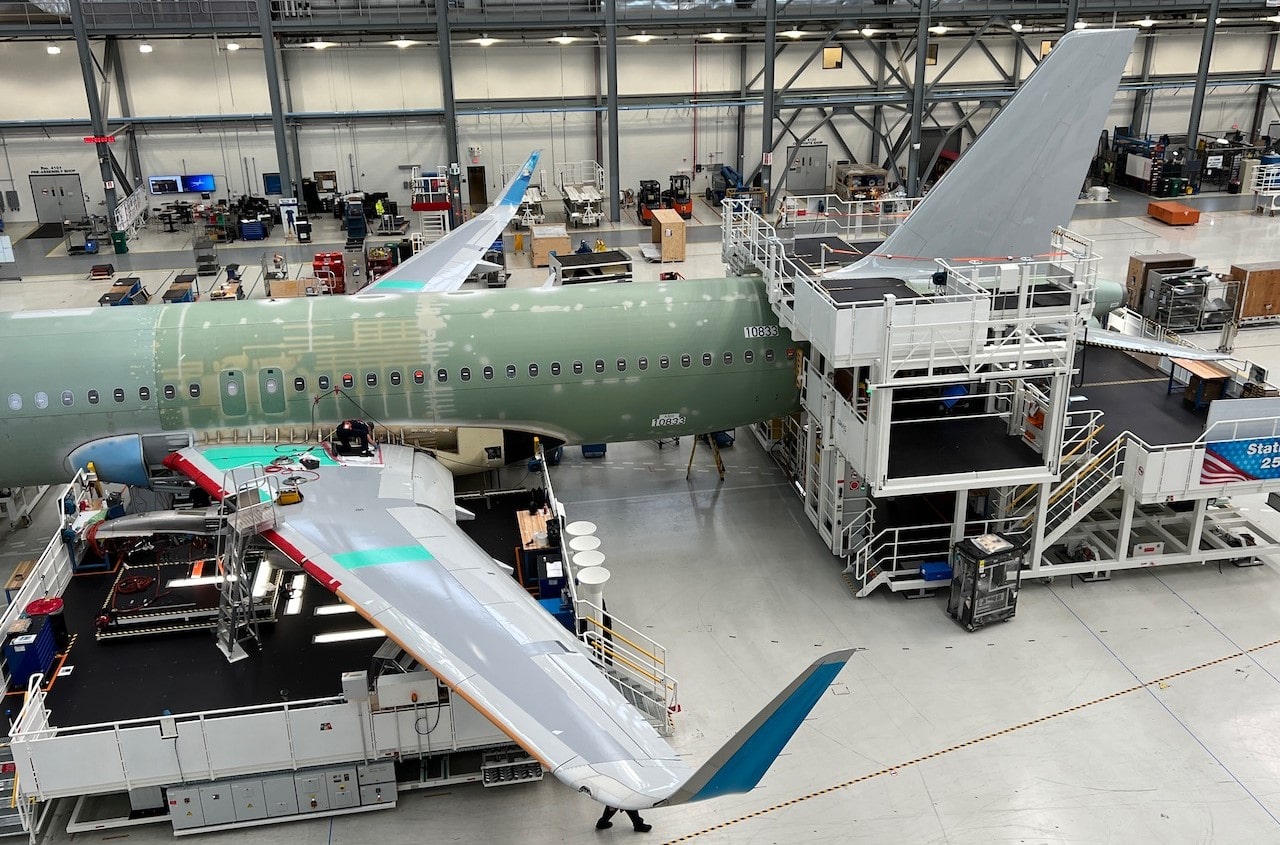Despite acknowledging potential supply chain disruptions throughout the year, the company maintained its production and financial objectives. However, Airbus delayed the launch of its A350 freighter variant by several months to early 2026.
CEO Guillaume Faury addressed the ongoing production challenges and specifically pointed to issues with U.S. engine supplier Pratt & Whitney. The company is struggling to balance the supply of new engines for jet production with the demand for spare parts from airlines due to premature engine wear. Faury noted that these problems were especially apparent in Pratt's latest-generation GTF engines, used in the Airbus A220 and A320neo models.
Pratt & Whitney is in direct competition with the GE-Safran joint venture, CFM, to power Airbus' top-selling A320neo, but has encountered issues with the GTF engine's durability in harsh environments. Go First, India's third-largest airline, recently filed for bankruptcy and attributed the decision to problems with Pratt & Whitney's GTF engines. While Pratt dismissed these accusations, Faury stated that the Raytheon Technologies subsidiary was indeed struggling to provide sufficient spare parts and engines to support the airline fleet.
Although the dispute over engine durability has intensified existing supply chain disruptions in the post-pandemic landscape, Faury confirmed that Airbus still aims to meet its annual delivery targets, with the majority of deliveries concentrated in the final four months of the year. He further emphasized the importance of timely deliveries from all suppliers.
In Q1, Airbus recorded adjusted operating earnings of €773 million ($854 million), a 39% decrease, while revenues fell 2% to €11.763 billion. Analysts had predicted an adjusted operating profit of €736 million on revenues of €11.37 billion.

